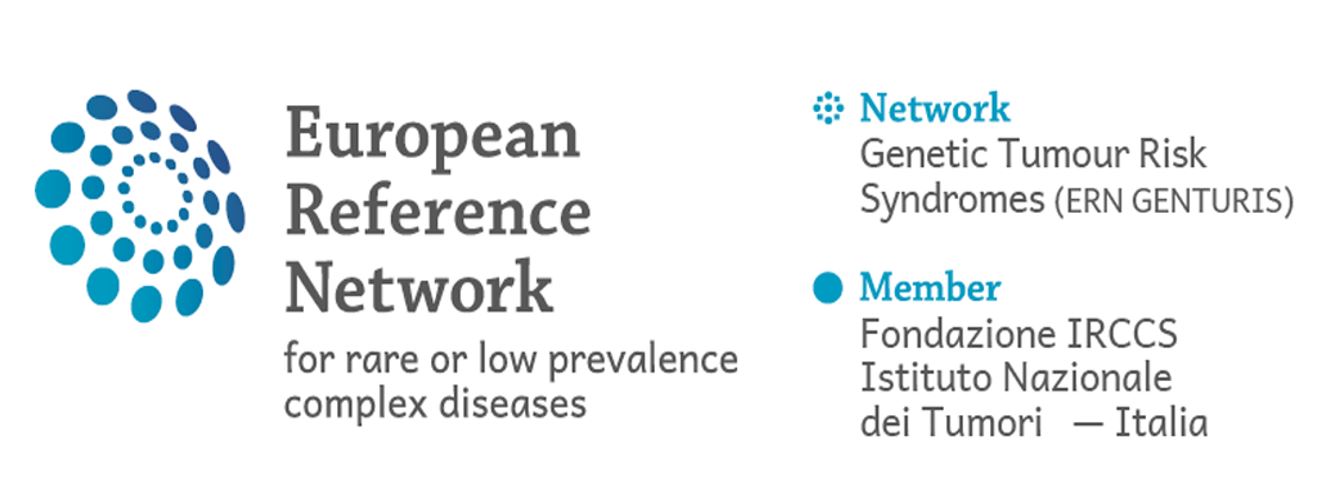S.S.D. Biologia Integrata Tumori Rari
Integrated Biology of Rare Tumors Unit
Descrizione:
In patients with rare cancers, disease recurrence and development of resistance to treatment are unmet clinical needs. Through basic and translational studies we aim to gain insights in the biological and molecular characterization of patients, to favor a personalized therapeutic approach for a prognostic improvement.
Our projects involve the integration of data derived from: human tissue analysis, multiomics data processing, functional studies in preclinical and in-vitro and in vivo models. They focus on the following tumor types:
1. Thyroid cancer
- contribution of senescence to tumor progression and resistance to therapy;
- interaction between tumor cells and microenvironment;
- validation of the COPZ1 gene as a therapeutic target in preclinical models;
- genomic and transcriptomic profiles of radioiodine-resistant tumors;
- medullary tumors molecular markers.
2. Ovarian carcinoma
- identification of the mechanisms of peritoneal diffusion mediated by adhesion molecules;
- idefinition of the role of choline kinase (lipid metabolism) in tumor biology and its possible use as a therapeutic target;
- evaluation of the predictive efficacy of microRNAs in the response to antiangiogenic and PARP-inhibitors;
- definition of prognostic subtypes by integrated molecular signatures.
3. Head and neck cancers
- identification of molecular targets, biomarkers or combined prognostic/predictive models of treatment response;
- definition of new molecular subtypes;
- intratumoral interactions with the microenvironment and topological relationships;
- disease monitoring through liquid biopsies.
4. Pediatric brain tumors
Identification of predictive biomarkers of response to treatment by both genomic and metagenomic analysis using non-invasive approaches.
Integrated Biology of Rare Tumors Unit
In patients with rare cancers, disease recurrence and development of resistance to treatment are unmet clinical needs. Through basic and translational studies we aim to gain insights in the biological and molecular characterization of patients, to favor a personalized therapeutic approach for a prognostic improvement.
Our projects involve the integration of data derived from: human tissue analysis, multiomics data processing, functional studies in preclinical and in-vitro and in vivo models. They focus on the following tumor types:
1. Thyroid cancer
- contribution of senescence to tumor progression and resistance to therapy;
- interaction between tumor cells and microenvironment;
- validation of the COPZ1 gene as a therapeutic target in preclinical models;
- genomic and transcriptomic profiles of radioiodine-resistant tumors;
- medullary tumors molecular markers.
2. Ovarian carcinoma
- identification of the mechanisms of peritoneal diffusion mediated by adhesion molecules;
- idefinition of the role of choline kinase (lipid metabolism) in tumor biology and its possible use as a therapeutic target;
- evaluation of the predictive efficacy of microRNAs in the response to antiangiogenic and PARP-inhibitors;
- definition of prognostic subtypes by integrated molecular signatures.
3. Head and neck cancers
- identification of molecular targets, biomarkers or combined prognostic/predictive models of treatment response;
- definition of new molecular subtypes;
- intratumoral interactions with the microenvironment and topological relationships;
- disease monitoring through liquid biopsies.
4. Pediatric brain tumors
Identification of predictive biomarkers of response to treatment by both genomic and metagenomic analysis using non-invasive approaches.



















